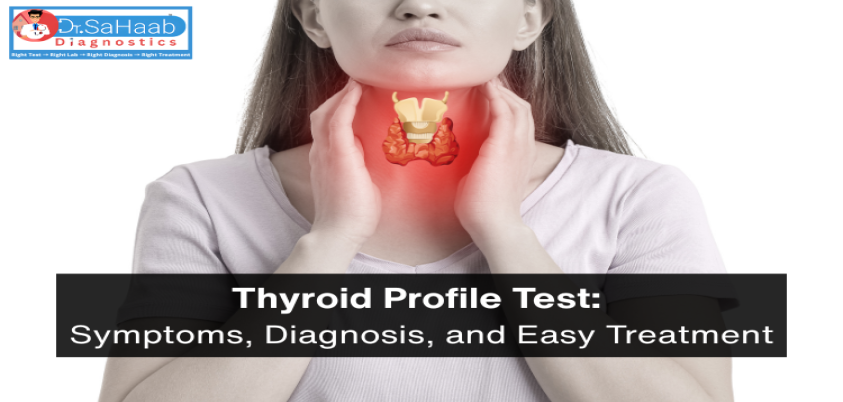Is Your Heart Healthy? Know More About Cardiovascular Diseases
Cardiovascular disease(CVD) is a group of diseases affecting your heart and blood vessels and is a leading cause of death in India. These diseases can impact various parts of your heart and blood vessels leading to serious health complications. In recent years, there has been a concerning trend of CVD affecting a younger population, particularly those aged 35-45.Therefore, it is crucial to understand this global health hazard and its implications.
Some of the most common Cardiovascular diseases are:
- Coronary heart disease: A condition affecting the blood vessels that supply the heart muscle.
- Cerebrovascular disease: A condition affecting the blood vessels that supply the brain.
- Peripheral arterial disease: A condition affecting the blood vessels that supply the arms and legs.
- Deep vein thrombosis and Pulmonary embolism: Blood clots in leg veins that can break loose and travel to the heart and lungs.
Symptoms :?
Symptoms can vary depending on the specific condition, but some common symptoms are?
- Discomfort or tightness in the chest
- Ache or unease in the arms, left shoulder, elbows, jaw, or back
- Breathing difficulties
- Nausea and tiredness
- Feeling faint or dizzy
- Chills or clammy skin?
Causes of CVD:
- High blood pressure-?Among the most critical risk factors for cardiovascular disease (CVD) is high blood pressure. Elevated levels can lead to damage in the blood vessels.
- Smoking-The use of tobacco, including smoking, significantly contributes to the risk of CVD. Harmful substances in tobacco can cause damage and narrowing of the blood vessels.
- High cholesterol-?Cholesterol, a fatty substance in the blood, can lead to the narrowing of blood vessels if levels are too high, increasing the risk of blood clots.
- Diabetes-?Diabetes is a lifelong condition marked by elevated blood sugar levels. High blood sugar can damage blood vessels, making them prone to narrowing.
- Inactivity-?Lack of regular exercise increases the likelihood of high blood pressure, elevated cholesterol levels, and being overweight?all of which are risk factors for CVD.
Diagnostic blood tests
- Complete blood count (CBC) -?While it is a basic and cost-effective test, CBC is an essential part of routine heart checkup. Elevated levels of parameters such as white blood cells (WBC), hematocrit, and platelets can indicate an increased risk for cardiovascular issues, helping healthcare providers assess your overall heart health.
- ?Lipid profile -?This test assesses the fat levels in your blood,excess of which can build up in your arteries increasing the risk of heart attack, stroke, or other heart conditions. Typically, it includes measurements of several key factors:
- Total cholesterol-?The total amount of cholesterol in your blood. Higher levels increase your risk of heart disease.
- High-density lipoprotein (HDL) cholesterol-? Known as "good" cholesterol, it helps reduce the levels of LDL in the blood.
- Low-density lipoprotein (LDL) cholesterol-??Known as "bad" cholesterol, excessive LDL can lead to plaque buildup in blood vessels, reducing blood flow. These plaque deposits may rupture, leading to serious heart and blood vessel problems.
- Triglycerides-??Another type of fat in the blood, elevated levels of which can increase your risk of heart disease.
- Renal Function test -?It is a group test that checks levels of creatinine, uric acid, blood urea, chloride, potassium, and sodium to assess if the kidneys are functioning properly. Kidney problems can increase the risk of heart disease.
- High-sensitivity C-reactive protein test (hs CRP test)-?C-reactive protein (CRP) is a protein produced by your liver in response to inflammation from injuries or infections. Elevated hs-CRP test results indicate a higher risk of heart attack, stroke, and cardiovascular disease. This blood test is crucial for diagnosing heart conditions as it helps determine your heart disease risk even before symptoms appear.
- NT- Pro BNP Serum test-?N-terminal pro-B- type natriuretic peptide is a hormone produced by your heart in response to increased stretching of your heart muscles. When your heart sustains damage, BNP levels in your blood rise.
- Clotting screen-?A test that determines the speed at which your blood coagulates. Some clotting tests and? their purposes include:
- Prothrombin time (PT):?Monitors patients on oral anticoagulants, evaluates liver function, and diagnoses bleeding disorders.
- International normalised ratio (INR):?A standardised measure of PT to ensure consistent results across different laboratories.
- Activated partial thromboplastin time (APTT):?Checks a specific group of clotting factors.
- Fasting Glucose levels and HBA1c : High blood pressure is often associated with arterial damage, which might affect blood flow to the heart. The fasting glucose test and HBA1c measure blood glucose and assess the risk of developing diabetes .
How to avoid heart problems and stay healthy?
- Stop Smoking -?As emphasised by numerous Cardiologists, if there is one crucial step you can take to protect your heart health, it?s to quit smoking ! Smoking is linked to all kinds of serious health issues. It causes inflammation and can increase the risk of atherosclerosis.?
- Stay physically active -?Engaging in regular physical activity boosts the efficiency of your heart.?
- Eat healthy -?Cut down on red meat and focus on incorporating plenty of vegetables and fruits into your diet. Instead of indulging in highly processed food like chips , sweets and processed meat, opt for home- cooked, nutritious meals. Making healthy choices is always beneficial for your overall well- being .
- Maintain a healthy weight -?In the Asian population, A Body Mass Index (BMI) between 18.5 and 22.9 kg / m2?is considered normal . It is advised to maintain BMI within this range to keep your heart healthy.?
- Reduce stress- In an increasingly competitive world, it?s easy to let stress take over, which can be detrimental for our heart health. Prioritising mental well-being by incorporating? relaxation techniques such as yoga, meditation, and deep breathing can be beneficial in managing stress levels .
If you are experiencing any of the aforementioned symptoms, contact us to schedule the necessary blood tests. Once you receive your results, you can book a?free consultation?with our specialist doctors to discuss your findings in detail and receive tailored treatment recommendations.?









